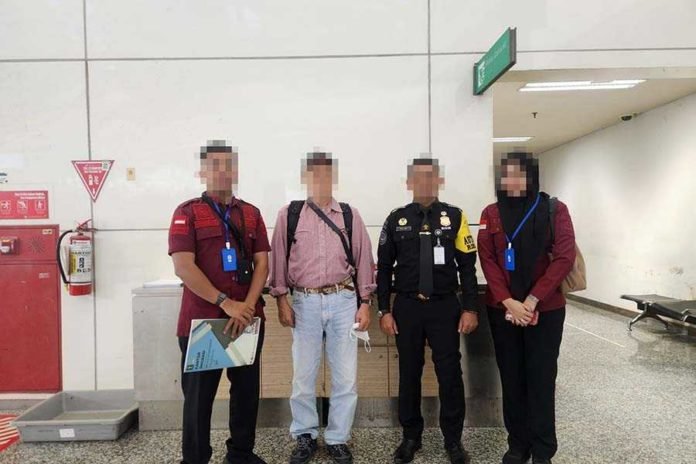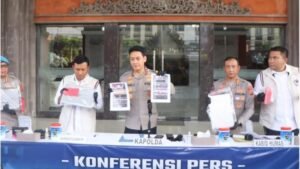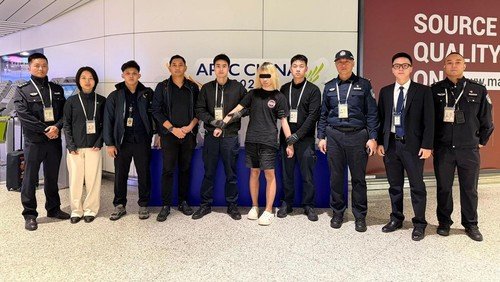
In late August 2024, a 75-year-old Japanese man, identified as HS, was deported from Bali for violating his retirement visa by working as a factory laborer in Jembrana Regency. This incident has sparked discussions on immigration laws, the elderly workforce, and the broader implications of strict visa enforcement in Indonesia.
Background of the Case
HS entered Bali on a retirement visa, which is intended for foreigners wishing to live out their retirement without engaging in employment. However, HS was discovered working, a clear violation of his visa terms, raising questions about the pressures faced by elderly foreigners abroad.
The Deportation Process
HS’s deportation was part of Operation “Jagratara,” an immigration crackdown targeting foreign nationals violating their residence permits. HS was among nine individuals detained in this operation. Following administrative procedures, HS was deported on August 30, 2024, from Bali to Japan via Hanoi.
Legal Framework
HS’s deportation was conducted under Article 75, Paragraph 1 of Indonesia’s Immigration Law No. 6 of 2011, which allows for the deportation of foreign nationals who violate their residence permits. The case underscores Indonesia’s strict enforcement of its immigration laws.
Broader Implications
The deportation sends a clear message to all foreign nationals in Indonesia about the importance of adhering to visa regulations. It also highlights the legal consequences of violations, regardless of age or circumstances. HS’s case sheds light on the broader issue of elderly employment, particularly in Japan, where over 9 million workers aged 65 and above remain active in the workforce. Despite government encouragement, many elderly workers face significant challenges, including a lack of adequate labor protections.
Final Thoughts
HS’s deportation highlights the critical importance of compliance with immigration laws in Indonesia. It also prompts a broader discussion on the challenges faced by elderly workers, both in their home countries and abroad, and the need for a balanced approach to immigration and labor laws.









